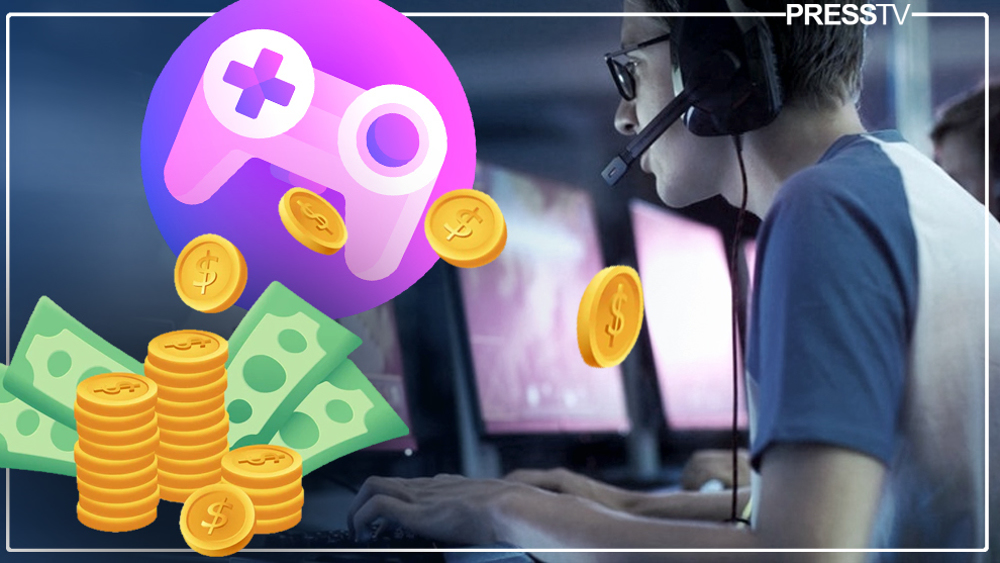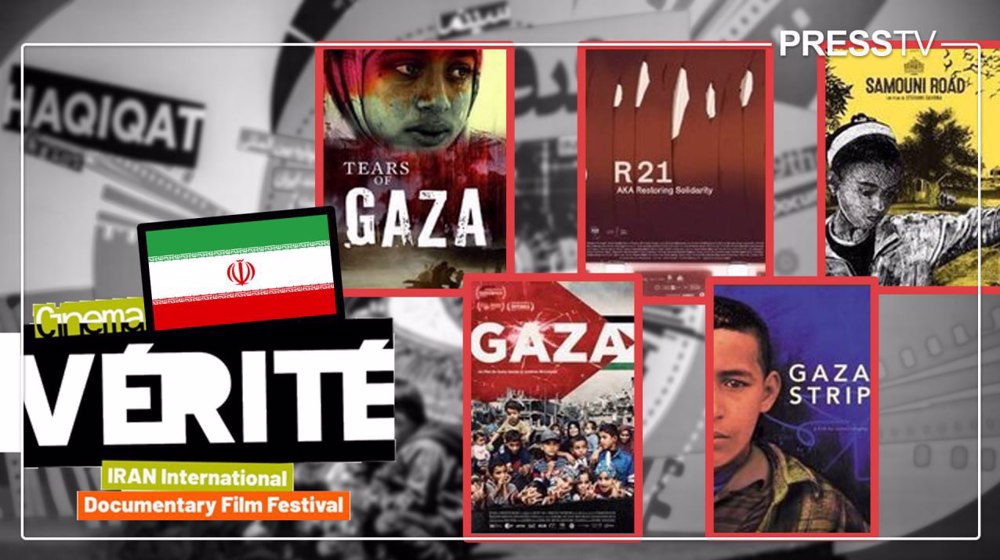30 million gamers in Iran: Time to recognize gaming as viable career option?
By Maryam Qarehgozlou
Mohammad Mehrab Ja’fari, 21, has won several national awards as a professional gamer. But he never saw them coming, as gaming as a career happened accidentally to him.
“I used to play games as a hobby before I decided to follow it as a career,” says the pro gamer from Tehran, who has earned a reputation as a professional FIFA gamer in recent years.
Ja’fari’s journey from an amateur gamer who adopted it as a means of amusement and fun to a professional gamer who makes money out of it is like an irresistible page-turner.
“Five years ago I watched a video clip on IRIB Varzesh (Iran’s national sports TV channel) which explained how gamers can become professional players and participate in FIFA and PES online tournaments step by step,” he was quoted as saying by ISNA news agency.
With the gaming industry booming worldwide, expected to be worth $321 billion by 2026, it is time to formally recognize it as a career choice in Iran, beyond the realms of fun and recreation.
While games were traditionally associated with the amusement of children, the expansion driven by rapid technological advancements has made them appealing to people of all age groups.
Today, a growing number of adults play video games on daily basis for both entertainment and to maintain and develop social connections, including in Iran.
Many pro gamers have embarked on an ambitious and exciting journey to turn gaming into a viable career choice, which shows it’s not seen merely as a hobby anymore.
According to Issa Zarepour, Iran’s Minister of Communications and Information Technology, presently Iran has 30 million gamers, some of whom reportedly pursue it as a career.
“There are 30 million gamers in the country who, on average, play one and a half hours a day,” he said recently, pointing to the growing trend of pro-gaming in the country.
Myriad hardships
Ja’fari says the talent and aptitude among pro gamers in Iran are in abundance with many having won prestigious titles in various local, national, and international-level gaming tournaments.
He named a few of them who have won international championships – Hassan Pajani who won gold in e-Football PES 2020 and Navid Borhani who emerged on top at the FIFA 15 contest in 2014.
Pro gamers agree that professional gaming requires skill, patience, and passion to make a mark, as many who pursue it on a high note often end up abandoning it midway.
It is also risky due to the crowded and challenging market. For every success story, there are hundreds of others who tried and failed.
Ja’fari referred to “slow internet and internet disruptions” as obstacles for pro gamers in Iran.
Another problem young gamers in Iran face, Ja’fari added, is the fact that some parents still do not approve of gaming as a viable or lucrative career choice.
Some other gamers pointed to unilateral sanctions that act as barriers to fostering the culture of professional gaming in the country.
Gamers in Iran must work around restrictions imposed as a result of US sanctions in order to access streaming servers by using Virtual Private Networks (VPNs).
Online payment is another hurdle. Players in Iran have no access to internationally recognized credit cards due to Iran's sanctioned banking system, therefore they need to use fake identities and addresses to register accounts and make online purchases.
Moreover, Iranian gamers and streamers cannot access their income in foreign currency from the money they raised from streaming on platforms like YouTube.
Working around hurdles
Nonetheless, it is still possible to work through these barriers and hardships.
Instead of YouTube, Iranian streamers can join national streaming platforms like Aparat which are getting more popular in the country, according to gaming enthusiasts.
Zarepour in his recent remarks said the ministry of communications and information technology has so far set up Content Delivery Network (CDN) for 150 games in Iran.
CDN is a content delivery service for an unlimited number of users, with maximum download speed regardless of the location of both the source of content and its consumer.
For gamers, CDN quickly delivers games to unlimited simultaneous users and reduces the load on game servers during peak loads.
Zarepour also stated that Iran-based CDN can reduce the ping rate for games by a quarter.
In the world of online video gaming, ping refers to the network latency between a player's computer (or the client), and either another client (peer) or the game's server.
How gamers can make money
There are several potential ways a gamer can rake in the moolah from playing games, according to several gaming reports.
A gamer can get paid by live streaming. A streamer is someone who broadcasts his or her videos in real time, which is referred to as streaming while playing video games.
A streamer can amass a large audience that will be monetized with advertisements or have a group of loyal audiences that can be monetized with donations or subscriptions.
However, the oversaturated landscape makes this part tricky as building a large audience is a difficult task. One should be very clever to set themselves apart with their own brand.
Game journalism can be another way of making a living for a gamer. Gamers can launch their own website and write content about gaming. They can monetize their traffic with ads, subscriptions, etc.
Some gamers also prefer to join an existing website and write news and reviews about specific games and the gaming industry and get paid as a freelancer.
Creating video game guides and tutorials is another way of making money off gaming.
Hosting a gaming podcast can also be gainful for some gamers who have a lot to say about games. A gaming show could be an opinion-based roundtable discussion, a series of interviews with high-profile players, and tips and tricks for a specific game.
Some gamers could also make money by winning tournaments and acquiring sponsorships.
“Gaming is definitely a career as most online games are designed so that gamers can both have fun and make money, just like I do,” Ja’fari said, in a message to other budding pro gamers.
VIDEO | Fighting British state
Pezeshkian calls recent riots in Iran part of ‘failed’ US-Israeli war
VIDEO | Iran unity nullifies sedition
UK ‘preemptively’ discharges pro-Palestine hunger strikers recovering in hospital
US dollar falls in Iran amid rising export currency supply
Trump’s ‘Board of Peace’ for Gaza an extension of Israeli occupation: Ex-UN rights chief
IMF expects Iran’s economy to grow by 1.1% in 2026
Over 9,350 Palestinians held in Israeli prisons as of early January: Rights groups










 This makes it easy to access the Press TV website
This makes it easy to access the Press TV website